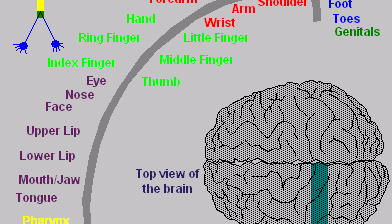Tag Archives: learning
05 Nov Evolution of Language
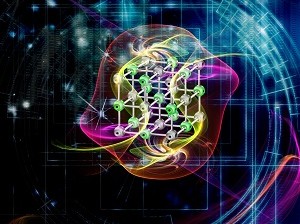
Evolution of Language Did humans become smart by necessity? With the forces of nature combined to rig the test for “survival of the fittest”, as human evolution from lower forms, how did these ill-equipped creatures, with their weak jaws and thin hides, make the natural-selection cut? It sounds like it was a perilous journey. One […]
19 Oct Think Before You Speak?
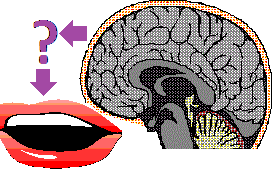
How closely is your brain connected to your mouth? Please don’t answer that. I want to blog about it for awhile so hold the thought. There is a bunch of electrical activity in the brain around organizing concepts into context, and a bunch more around putting your thoughts into words. This organizing and putting may […]
31 Aug Building a Cathedral of Knowledge

Good fiction, especially good historical fiction, gets my brain spinning. Ken Follett‘s The Pillars of the Earth and World Without End describe the technology, born in the “Dark Ages” in which mortal men were able, with limited technologies, to build edifices that could stand throughout the ages. At the same time as Mr. Follett’s mythical cathedral […]
29 Aug Layers of Brain Complexity
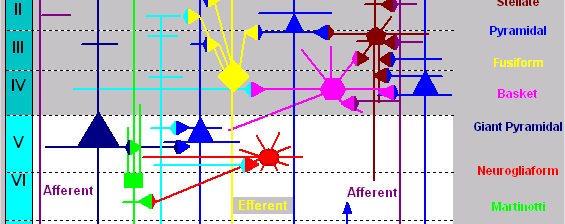
Hierarchy: A Structural Aspect of Thought The complexity of the cerebrum is necessitated by its function as the center of cognition. Before looking at cerebral structure, consider some of the functions of thought. Thinking involves accessing memory to find what perceived data is stored, what other data in memory it is associated with, and what is the […]
27 Aug Brain Correlation Processes

Many computer systems focus on a single capability, one task or just one dimension of a complex process. Sentient brain activity is an example of a complex process with many dimensions. Optical character recognition, such as identifying a capital “Q” on a piece of paper, is an example of a problem with three dimensions: Length, […]
13 Aug MIPUS the Robot Assistant

MIPUS Graphical Study Aid I’d like to introduce you to a friend of mine: His name is MIPUS. The main intent of the Understanding Context blog is to investigate mechanical models of cognition. What do robots have to do with language understanding (my main focus), you may ask. As you can see in the illustration, […]
11 Aug Emotion – The Perturbable Mr. Amygdala
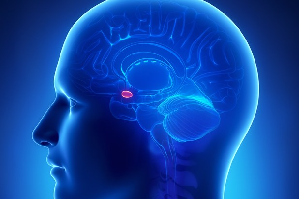
Fear and the Amygdala Have you ever been asked not to be so emotional, or on the contrary, to show more emotion? Or have you been asked to suppress a specific emotion, such as fear? I recall a scene from an Indiana Jones movie in which, after a scene of amazing heroics, a pilot tells […]
06 Aug Finding yourself in the Hippocampus
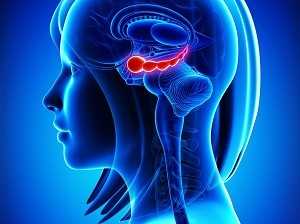
On October 6, 2014, the Nobel Assembly at Karolinska Institutet awarded The 2014 Nobel Prize in Physiology or medicine to John O´Keefe and to May‐Britt Moser and Edvard I. Moser for their discoveries of cells that constitute a positioning system in the brain. John O´Keefe is Director of the Sainsbury Wellcome Centre in Neural Circuits […]
02 Aug What is a Set: Multiple Meanings in Digital Lingo

Polysemy What is the meaning of “bump” or “set” or “spike”? Polysemy means multiple meanings, or semantic representations for a single word or phrase. In digital Lingo, that is ones and zeros, we have the ultimate example of minimal symbolic diversity delivering infinite possible meanings. Fortunately human languages give you more than two choices of symbols, […]





